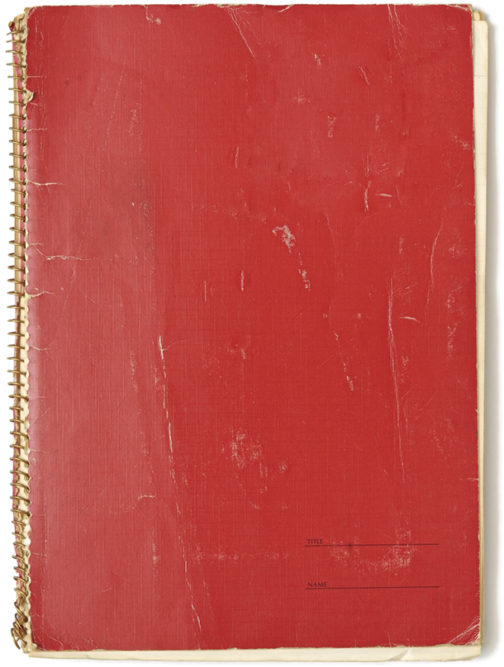I recently learned from a large-scale producer that catchy headlines get him to click on farm management articles on his smartphone. I figured if it works to get attention online it should probably work to get a print article read too. Right?
But seriously, I do hope to provide you as much value as promised in this article’s headline with this month’s management tip.
I recently interviewed a producer who told me about “The Good Book” that he uses on his farm. While this producer is a God-fearing individual, he wasn’t referring specifically to the Bible. His “good book” is a simple spiral-bound notebook. What he puts in it is what’s valuable.
This producer records a handwritten entry whenever the farm makes a change. For example, when the farm changes an established protocol, buys a new input they’ve never used before, hires a new employee or decides to do anything that could affect future performance, he writes it down and the date it happened.
Think about your own farm. How many decisions do you make that have season-long effects on efficiency, production and profitability? You may not think that many – but think a little longer.
Some impactful decisions are obvious. When did you install a new parlor or open a new barn? I bet you can remember that one off the top of your head. But other smaller decisions can also impact your bottom line. Can you remember all of those? For example, what date did you switch teat dips? When did you last clean out your sand-bedded stalls? What month and day did you last switch milking frequency? When was the last time the milking crew was trained? Have you changed the brand of pharmaceuticals you used versus last year?
The producer who explained this to me said he then pairs the hand-written information in the notebook with graphs from his on-farm analytics (activity monitors, milk meters, SCC reports, etc.) to try and see if there were any delayed correlations between the changes and performance. “I can look back in that lined book and say, ‘What happened around the week of July 1 that might have contributed to what I’m seeing now?’”
To be clear, the book is not intended for short-term events that likely don’t have long-term consequences. For example, you don’t need to worry about recording “this cow aborted” or “this tractor had a flat tire.” You likely don’t want to relive the fires you put out every day. In short, if it’s a decision you make that you think on for more than a minute, it might be worth noting and the date it happened.
Don’t worry about the spelling and grammar of your notes; no one needs to read it but you. And I know right now some of you may be saying, “Why would I need to write that down? I can remember the important stuff.” I thought so too, but I’ve found through experience that you always think you’ll be able to remember when these changes occurred, but you often can’t. Or at least can’t remember some aspect of the decision – exactly when it occurred or the exact name of the product you switched to.
So why is this tip a $1 fix? Well, it’s August and it’s back-to-school time. Sales on spiral notebooks are everywhere. I bet you can get five notebooks for $1. Get one. Then throw it in your work truck with a pen or pencil shoved in the spiral binding. Heck, if you can get a good deal, put one in every rig you own; then you’ll always have a notebook handy to record the decisions you make. You can gather them up at the end of the season, or each quarter, and compile them into one for future reference.
And referring back to it is where you’ll save money.
Once you have the results from this season, this harvest or this quarter, go back and look at the impactful decisions that went into the outcome you got. You’ll have the details right there in front of you. Ask yourself: Are there any decisions I would make differently? Are there other changes I still need to make to improve results?
Using your notebook in that way, I think you’ll be able to find some type of valuable improvement. And then you’ll be as excited as I am every August to hit up the back-to-school $1 notebook sale because you know there’s a treasure hidden in the information that’s going to get recorded in it.







